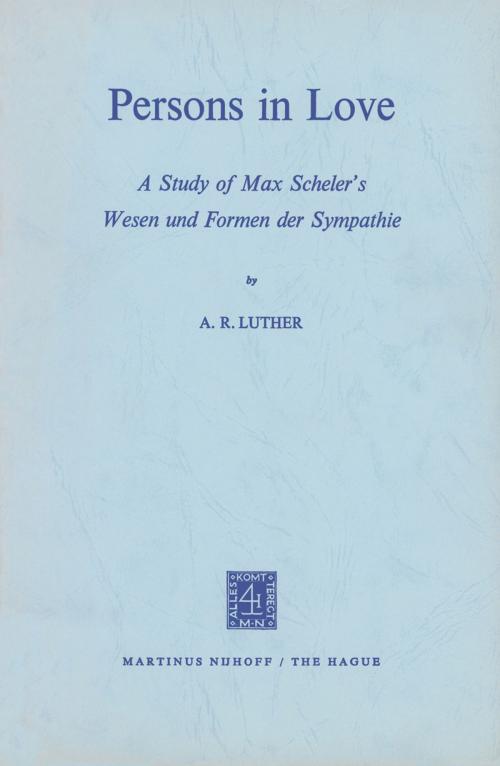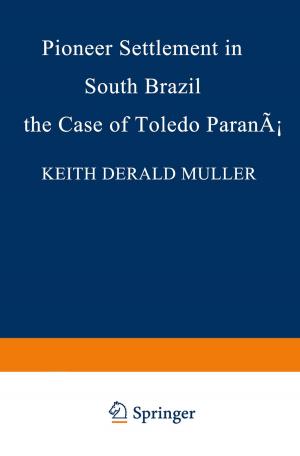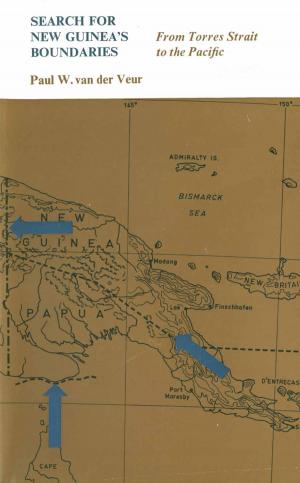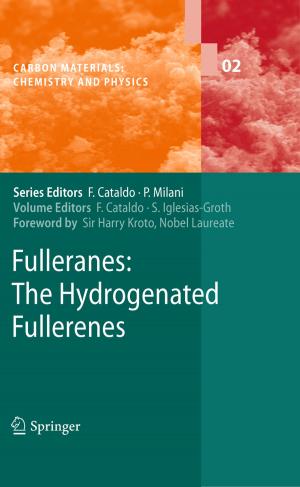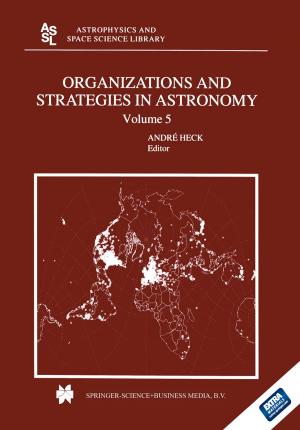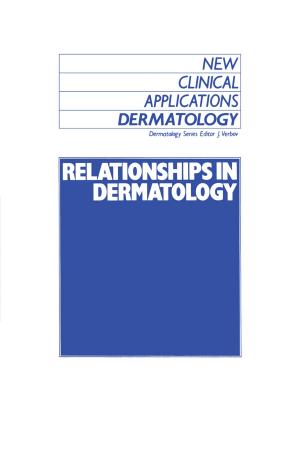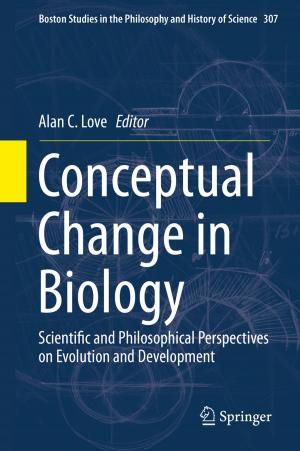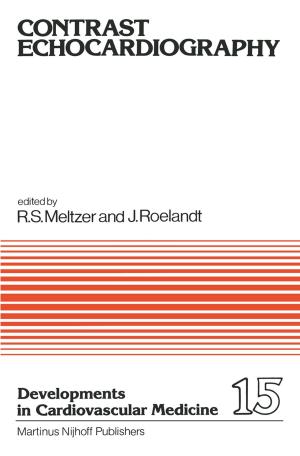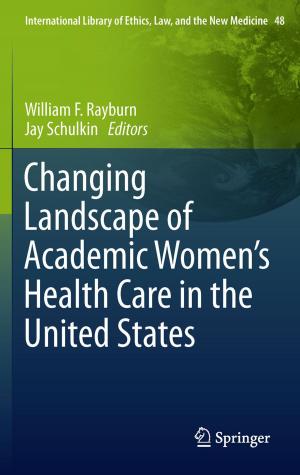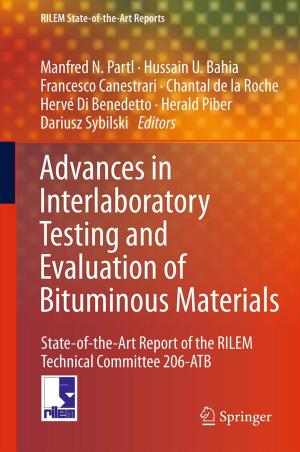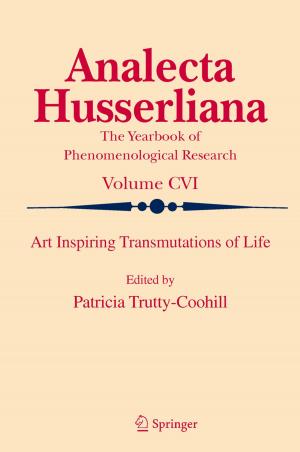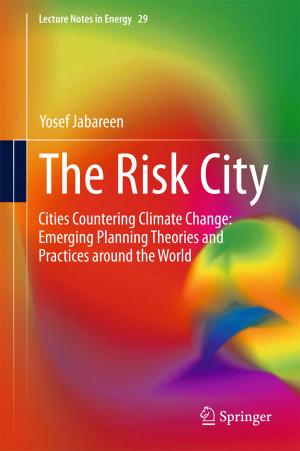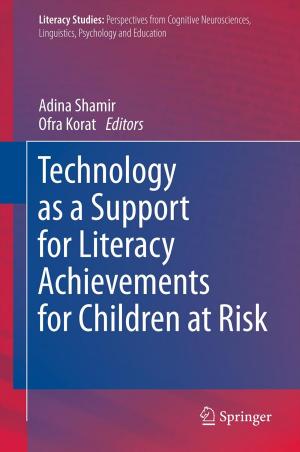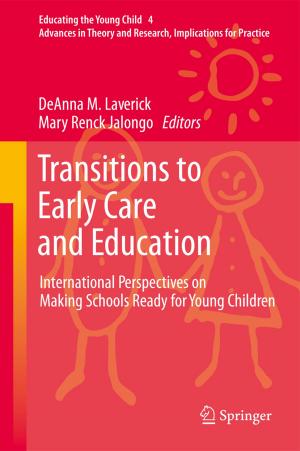Individual Orientation in Education
Nonfiction, Reference & Language, Education & Teaching, Educational Theory, Educational Psychology| Author: | M. Reuchlin | ISBN: | 9789401024181 |
| Publisher: | Springer Netherlands | Publication: | June 29, 2013 |
| Imprint: | Springer | Language: | English |
| Author: | M. Reuchlin |
| ISBN: | 9789401024181 |
| Publisher: | Springer Netherlands |
| Publication: | June 29, 2013 |
| Imprint: | Springer |
| Language: | English |
When considering future trends in educational and vocational orientation we must constantly bear in mind, in as concrete a way as possible, that schools form an integral part of society as a whole. To point out that education and society are inseparable concepts has of course become almost a ritual statement in the majority of studies of future developments in education. All too often however "society" becomes an allegorical figure to which characteristics can be attributed varying with the tradition of thought adhered to by each writer. This figure is given a part to play in the plot which we are trying to unravel, but it remains allegorical. The theatre is furthermore closed to the public. Teachers and taught, pedagogic experts and philosophers of education, are alone together and share the functions of author, actors, producer, audience, and critics. To seek a better future for education is to try to improve the quality of a performance given in camera, to give each character a role which is most satisfying to the mind and above all to the emotions and in which the most noble sentiments can be expressed in the cause of the highest ideals. The theatri cal and gratuitous nature of university life, and lyrical statements about the future of the universities, were characteristic aspects of traditional frameworks.
When considering future trends in educational and vocational orientation we must constantly bear in mind, in as concrete a way as possible, that schools form an integral part of society as a whole. To point out that education and society are inseparable concepts has of course become almost a ritual statement in the majority of studies of future developments in education. All too often however "society" becomes an allegorical figure to which characteristics can be attributed varying with the tradition of thought adhered to by each writer. This figure is given a part to play in the plot which we are trying to unravel, but it remains allegorical. The theatre is furthermore closed to the public. Teachers and taught, pedagogic experts and philosophers of education, are alone together and share the functions of author, actors, producer, audience, and critics. To seek a better future for education is to try to improve the quality of a performance given in camera, to give each character a role which is most satisfying to the mind and above all to the emotions and in which the most noble sentiments can be expressed in the cause of the highest ideals. The theatri cal and gratuitous nature of university life, and lyrical statements about the future of the universities, were characteristic aspects of traditional frameworks.
